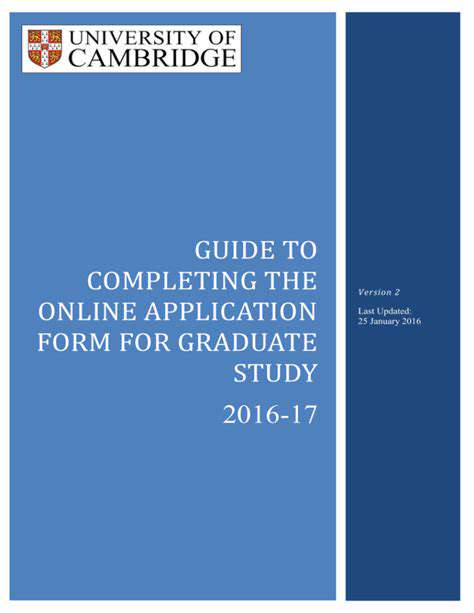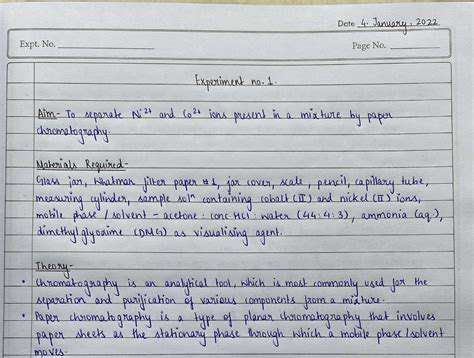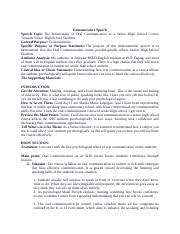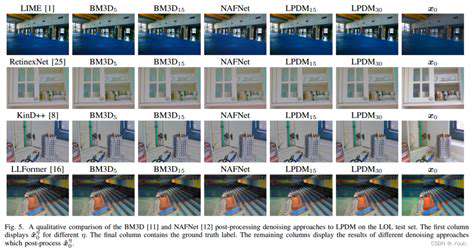Applying for a Canadian Tourist Visa: Step by Step Guide
2. Gathering Necessary Documents and Information
Gathering Passport and Visa Information
Before embarking on the application process, ensure your passport is valid for at least six months beyond your intended stay in Canada. A crucial aspect of this preparation is verifying the passport's validity period. This is not just a formality; it's a vital step to avoid potential delays or rejections at the Canadian border. Additionally, if you're a citizen of a country requiring a visa to enter Canada, gather the necessary visa application forms and any supporting documents, such as financial statements or travel insurance details, that may be required for your specific case. Failing to collect these documents beforehand can significantly impact the application's progress and potentially cause setbacks.
Thoroughly review the Canadian visa requirements for your nationality. Different nationalities have varying requirements. This involves understanding the specific documents needed and adhering to the precise instructions outlined by the Canadian government. This meticulous attention to detail will help avoid common errors and ensure that your application is complete and accurate. Misinterpreting or misrepresenting information could lead to delays or rejection, so a careful review of the requirements is essential for a smooth application process.
Financial and Travel Arrangements
Demonstrating your financial stability is a key part of the visa application process. You need to provide evidence that you have sufficient funds to cover your expenses during your stay in Canada, including accommodation, transportation, and daily living costs. This documentation might include bank statements, proof of employment, or a letter of sponsorship, depending on your individual circumstances. Preparing this information in advance is crucial for a successful application. Providing clear and accurate financial documentation is critical to convince the authorities of your ability to support yourself during your trip.
Confirming your travel arrangements is another important step. This includes booking flights and accommodations. Having confirmed reservations, particularly hotel confirmations, provides concrete evidence that you have arranged your travel and demonstrate your intention to return to your home country after your stay in Canada. These details are important to the application process as they provide a clear picture of your travel plans and commitment to returning.
Additionally, consider travel insurance. Having adequate travel insurance is highly recommended to cover any unforeseen medical emergencies or unforeseen events during your trip. This insurance will provide financial protection during your stay in Canada and will demonstrate responsible planning. Having this coverage in place can provide peace of mind and prevent potential financial burdens while traveling.

4. Paying the Application Fee and Scheduling an Appointment (if required)

Understanding the Application Fee
The application fee is a crucial component of the application process, representing a non-refundable payment for processing your application. It's essential to understand the fee structure and ensure you have the necessary funds available before submitting your application. This fee is typically a one-time payment, but some programs might have additional fees for specific services or materials. It is a significant step in the application journey, and understanding its purpose and implications is key.
Knowing the amount and method of payment is critical to avoid any delays in processing your application. Be sure to review the specific instructions provided by the institution or program you're applying to, as fees and payment methods can vary.
Payment Methods Accepted
Various payment methods are typically accepted for application fees. These often include credit cards (Visa, Mastercard, American Express), debit cards, and electronic transfer methods. Checking the list of accepted methods is important to ensure a smooth transaction. Some institutions might also accept checks or money orders, but this is less common.
Confirming the accepted payment methods before initiating the payment process is crucial to avoid any issues during the transaction. Verify the specific instructions regarding payment procedures and any potential transaction fees.
Important Deadlines and Timeframes
Understanding the application fee payment deadlines is critical for timely processing of your application. Missing the deadline could result in your application being considered incomplete and potentially rejected. Carefully review the application instructions and any specific guidelines provided by the institution or program.
The application fee should be submitted alongside other application materials. Payment deadlines are often closely linked to the application submission deadline, so ensure you plan accordingly.
Verification of Payment
After making the payment, you should receive a confirmation or receipt. This confirmation serves as proof of payment and should be kept for your records. It is advisable to retain a copy of the confirmation for future reference or to resolve any potential issues. If you don't receive a confirmation, contact the institution or program immediately to inquire about the status of your payment.
Handling Errors and Issues
In case of errors or issues with the payment, such as incorrect information or insufficient funds, contact the institution's financial aid office or the designated payment processing center immediately. Taking prompt action is crucial to resolving the issue and avoiding any delays in your application process. They will guide you through the necessary steps to rectify the situation.
It's important to carefully review the payment details before submitting to avoid any mistakes. Double-checking the amount and payment method will help prevent costly errors or delays in your application processing.
Consequences of Non-Payment
Non-payment of the application fee can have significant consequences, potentially leading to the rejection of your application. It's crucial to ensure timely payment to avoid any setbacks in your application process. Review the application materials carefully for specific consequences outlined by the institution.
Understand that the non-payment of the fee may result in a delay or complete disqualification from the application process. Therefore, ensuring timely and accurate payment of the application fee is vital to your application's success.
5. Submitting Your Application and Following Up
Completing the Application Form
Thoroughly reviewing and completing the application form is crucial for a successful visa application. Carefully input all requested information, ensuring accuracy and completeness. Double-check all details, including personal information, travel plans, and financial details. Inaccurate or incomplete information can significantly delay or even result in the rejection of your application. Pay close attention to specific requirements for supporting documents and ensure you provide them in the correct format and language.
Be mindful of the specific instructions provided by the Canadian embassy or consulate. Understanding these instructions and adhering to them will greatly increase your chances of a positive outcome. Ensure all the necessary sections are filled out and that the form is signed and dated appropriately. A well-completed application form is a strong foundation for a successful visa application process.
Gathering Required Documents
Collecting the necessary supporting documents is an essential step in the visa application process. This includes, but is not limited to, passports, proof of financial resources, travel itineraries, accommodation confirmations, and letters of invitation. Each document plays a critical role in demonstrating your intent to return to your home country after your visit.
Ensure all documents are up-to-date, original, and properly translated if required. Providing accurate and relevant documentation is paramount to effectively supporting your application. Confirm that the documents are in the requested format and meet all specific requirements outlined by the Canadian visa application center. Failure to provide the necessary documents may lead to delays or rejection of your application.
Submitting Your Application
Submitting your application electronically or in person, as instructed, is a vital step in the process. Use the official channels and ensure that the application and supporting documents are received by the designated authorities. Confirm receipt of your application through the online portal or by contacting the relevant authorities to avoid any potential delays or mistakes.
After submitting your application, maintain a record of the submission date, application number, and any other relevant details. This documentation will be useful if you need to follow up on the status of your application. Keep all communication records, such as emails or letters, to maintain a clear track of your application's progress.
Following Up and Checking Status
Following up on your application status is an important aspect of the process, demonstrating your engagement and interest. Contact the Canadian visa office or consulate if you have not received a response within the expected timeframe. Reviewing the application status online, if available, is a quick and efficient way to stay updated. Monitoring the status of your application can help you proactively address any potential issues and ensure a smooth and timely processing of your request.
Be prepared to provide additional information or documents if requested by the Canadian embassy or consulate. Following up in a polite and professional manner will enhance your interaction with the authorities, ultimately contributing to the positive resolution of your application. It is crucial to understand that the processing time may vary, and maintaining patience throughout the process is essential.





![Best Trails for Mountain Biking [Destinations]](/static/images/27/2025-05/BritishColumbia27sCoastalTrails3AAPacificNorthwestEscape.jpg)

![Guide to Visa Requirements for Canada [2025]](/static/images/27/2025-06/PermanentResidency3ABuildingaFutureinCanada.jpg)


![Tips for Traveling with Teenagers [Keeping Them Engaged]](/static/images/27/2025-07/TurningTravelintoaLearningOpportunity.jpg)
![How to Negotiate Prices in Foreign Markets [Cultural Tips]](/static/images/27/2025-07/StrategiesforSuccessfulPriceNegotiationsinForeignMarkets.jpg)